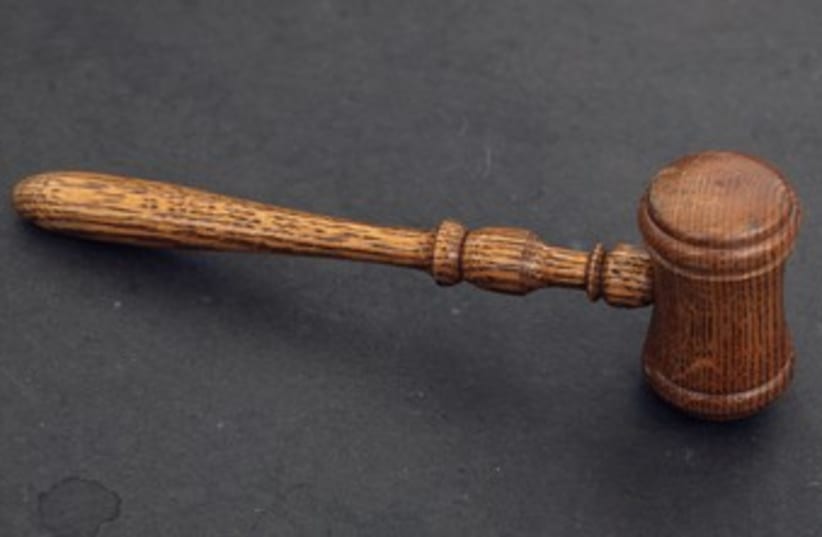The full Knesset has approved a law to ensure almost equal representation of women on the powerful Judicial Appointments Committee.The law, which the Knesset approved late on Monday night in consecutive second and third-final readings (both by votes of 25-0), is an initiative of Knesset Advancement of Women Committee chairwoman (Yesh Atid) Aliza Lavie and Meretz party leader Zehava Gal-On. It mandates that at least four out of nine committee members be women.“Appropriate representation for women is not an option, it is a necessity, in judicial institutions, among others,” Lavie said.“With a different future coalition combination, we could likely find ourselves in a situation in which women are excluded again, as it was in the past,” she said.Gal-On said, “Representation and involvement of women on the Judicial Appointments Committee will assist in uprooting chauvinist and sexist conceptions from the judicial apparatus.”She said the legislation was needed since, despite Supreme Court pronouncements in favor of equality, over the years only 10 of the court’s 64 justices have been women, and currently only 4 out of the 15 justices are women.In the law’s preamble, it explains that its purpose is to ensure proper representation of women on the powerful committee that selects judges, by obligating the various groups that choose committee members to each pick at least one woman.Lavie previously said that having female members on the committee was very important, both to implement the principle of equality between men and women and to facilitate women’s unique contributions to the committee.The committee has nine members – two government representatives, two Knesset members, two Israel Bar Association representatives, two Supreme Court justices and the president of the Supreme Court.Lavie explained that part of the reason that nearly equal representation should be mandated was since judges are appointed and the public does not have any direct way to express itself about or influence the appointments.Recently certain haredi Knesset members objected to a bill to add women to the committee for choosing rabbinical court judges, and one objection was that the Judicial Appointments Committee had no such requirement, said Lavie.According to Lavie, the haredi lawmakers said this inequal application of requiring equality showed that the rabbinical courts’ bill was proposed merely to harm the rabbinical courts.She said that by passing this law, she and other proponents of the rabbinical courts bill had answered their detractors’ objection.Lavie previously said that “the bill does not come to fix an existing injustice, but rather to ensure that even in the future there will always be female representation on the committee.”Lavie has said that unlike the committee for selecting rabbinical judges, which has not had female representation, the Judicial Appointments Committee has had, and the current bill merely prevents any political deals from harming the current state of equality.
Knesset approves law for more gender equality on judges' panel
In hopes of ensuring more gender equality in justice system, new law rules 4 out of 9 Judicial Appointments C'tee members must be women.
